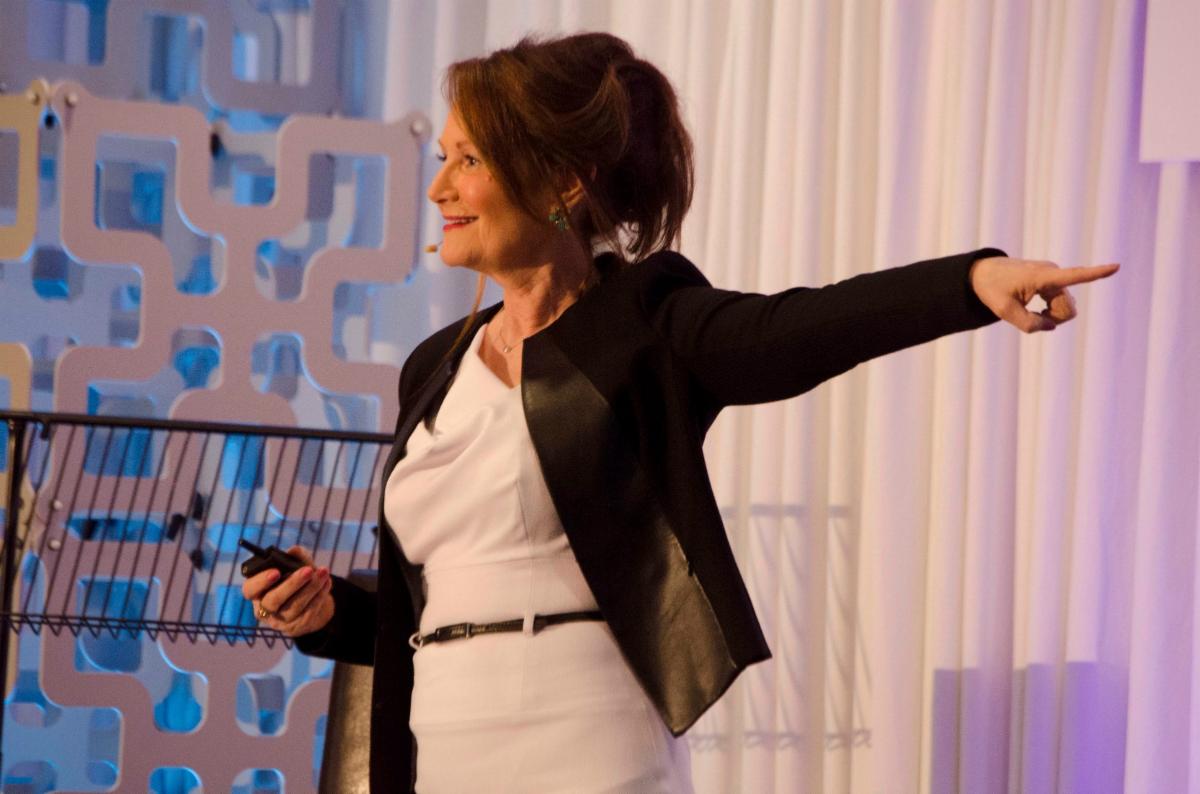I have to start killing my darlings.
I’m happy to report the big speech – the one where I’ll be sharing the stage with Michelle Obama – is about 75% there. I’ve practiced it out loud a lot. I’ve gotten my designer to create some kick-ass slides. It’s really coming together.
But… I have to admit, it’s still too long and I’m having a very hard time cutting content. You might even say I’m stuck. So I’ve been asking people I respect for their input and will discuss with my coach, who has been a big help. In fact he is the one who said, “it’s hard to kill your darlings.”
The problem is my perception is skewed. I think my audience has to have everything I’ve created so far. I like the way it flows. In fact, I’ve fallen in love with the speech as it is. Kind of like the Narcissus myth who looked in the water admiring his own reflection until he fell in and drowned. Like Narcissus, if I don’t cut it down, a similar fate will befall me.
I have gotten rid of some of the content, but I still must dispense with about 10 more minutes – that’s a good two sections… but which ones? I’m torn.
I have 45 minutes to deliver the speech and technically, time-wise, I’m under that. But my goal is to do it in 30 so there is plenty of time for Q & A. No one ever objects to a presentation ending in less time than promised, and I believe the days of long presentations – those that exceed 30 minutes – are over. And frankly, there is nothing I have to say that cannot be said in 30 minutes flat.
Another thing I have to figure out is where and how I include my own story… these are the best ways to connect with any audience. I need to figure out which of my major screw-ups is the best one to include. I asked my daughter, Britt, today, in fact, and she had some good ideas, one of which I’m going to try to develop.
So, here is the truth: I. Am. Stuck. I have to kill some of my babies and I don’t know which ones and I have to figure out which personal story to include.
By writing this ezine this month, I’m making a public promise that by next week, I’ll have reduced it to that half-hour. I hope you’ll hold me accountable. I’ll be working with my coach to see what he thinks I should get rid of and what personal story to include. I’ll abide by it. I’ll still love the darlings I keep.




